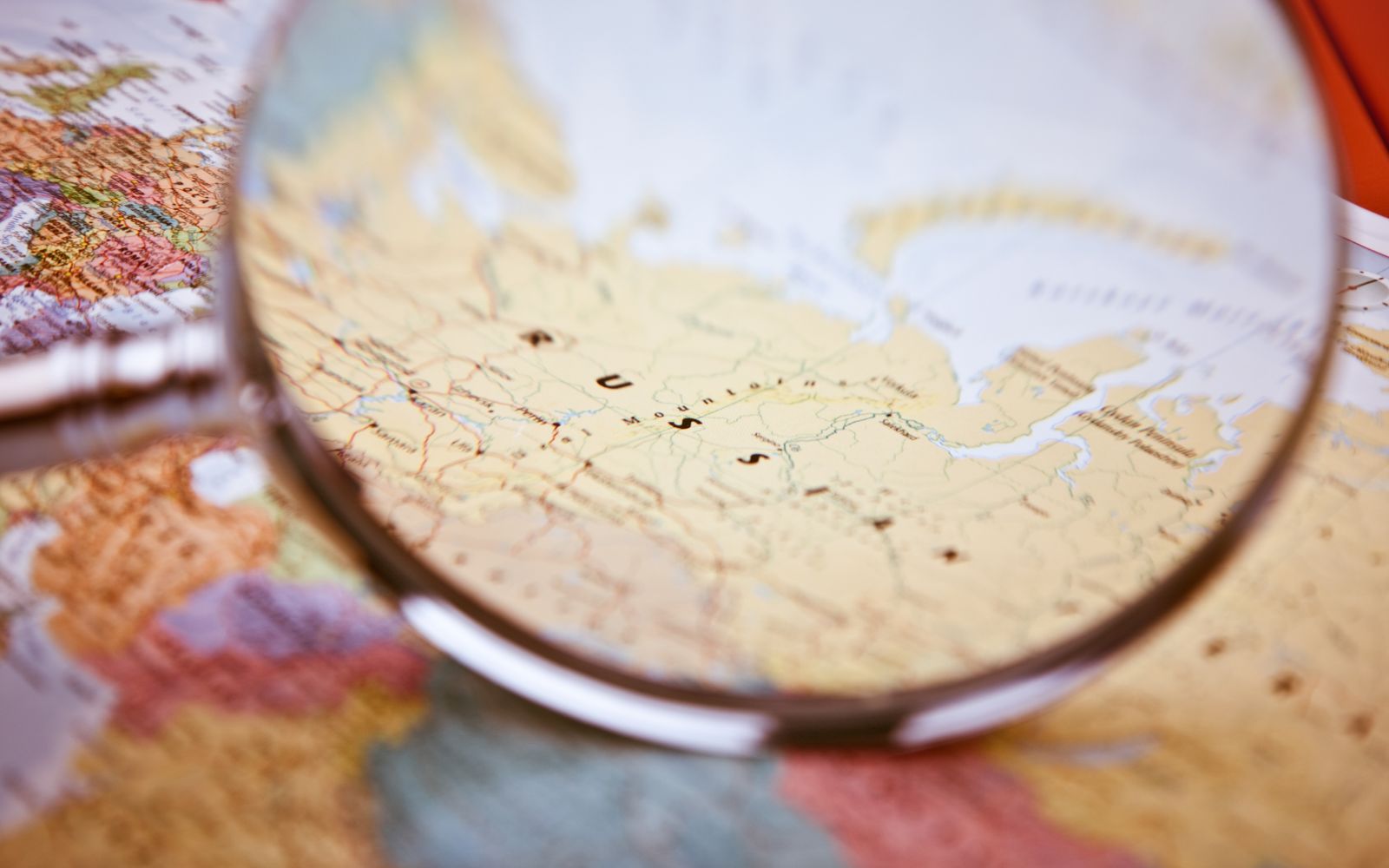
Will Russia Default on its Debt? And What Would That Mean?
Back in March, Russia found themselves in a dispute over an interest payment of $117m (£89m) on two bonds denominated in US dollars.
Russia claimed it had made payment, yet the investors holding the bonds disputed this saying they hadn’t yet received the money that it was owed. It was reported that if Russia didn’t make the payment by 30th April, it would be in default, with some analysts warning of an imminent Russian debt that could result in unforeseen consequences. It wasn’t until May that it was officially announced that Russia has made the debt payment and avoided a debt default.
It’s difficult to understand what it all means and what a country has to do – or not do – for it to be in default. It also raises the question what it means for the rest of us if Russia does default on its loans and what the unforeseen circumstances that the analysts warned of would be.
We’ve had a look at what a default is and what impact a Russian default could have.
What happens in a default?
A default occurs when a borrower stops making the required payments on a debt.
In its simplest form, if Russia (or any country) fails to make an interest payment within the laid-down timeframes – or, for example, it pays in roubles when dollars have been specified – then it would result in a default. Russia is already locked out of international borrowing markets due to the West’s sanctions: a default would mean it could not regain access until all creditors were paid in full (assuming the sanctions had been lifted).
The Bank of Canada and Bank of England, track global sovereign defaults, and estimate the total value of government debt in default around the world was $443.2bn in 2020 – about 0.5% of world public debt.
The causes of a default can range from high debt burden and economic stagnation to political instability or even a banking crisis.
What effect could this have on Russia?
With interest payments falling on a regular basis, Russia and Russian companies are held to owe a regular payment of approximately $150bn (£114bn) in foreign currency debt.
Debt defaults make it harder and more expensive to borrow in future, given the reputational damage. Russia is already isolated after their invasion of Ukraine.
As many of you will already know, Putin is demanding payment for his oil and gas in roubles, in a bid to strengthen the currency – but bondholders will want their interest payments in dollars, which may well prove difficult for Russia. And any default by Russia itself – which becomes more likely as sanctions are ramped up – may well trigger defaults from Russian companies. Defaults would almost certainly drive the few remaining foreign investors out of the country.
What does this mean for the rest of us?
Other countries that have defaulted have seen aggressive creditors go after physical assets. When Argentina defaulted in 2012, in their drive to gain full compensation, one creditor went to impressive lengths and tried to take a naval vessel as payment!
The World Trade Organisation has said that the conflict in Ukraine will reduce global growth this year, cutting its earlier forecast of 4.7% to just 2.5%. A wave of defaults would presumably make that situation even worse – and any possible defaults will cause problems wider than Russia.
The bond market tends to move inversely with interest rates because bonds will trade at a discount when interest rates are rising and at a premium when interest rates are falling. This potential default has caught many investors by surprise. With Russian bonds currently trading on international markets at large discounts, many investors could be looking at large losses.


